Afghanistan spinning out of control, says UN Secy General Guterres
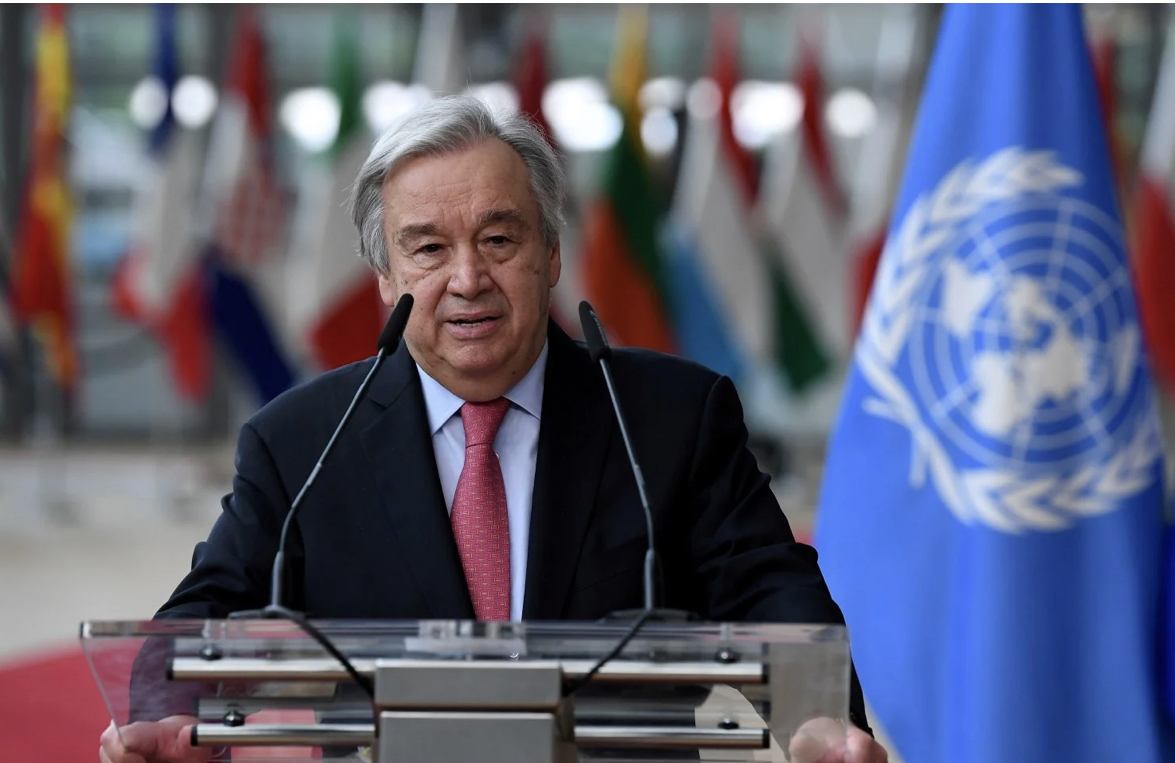
Kabul — Taliban insurgents have ground in Afghanistan on Friday, getting hold of the second-and third-largest cities as Western embassies prepared to send in troops to help evacuate staff from the capital city, Kabul.
The capture of Kandahar in the south and Herat in the west after days of clashes is a devastating setback for the government as the Taliban advances turn into a rout. “The city looks like a front line, a ghost town,” provincial council member Ghulam Habib Hashimi said over the telephone from Herat, a city of about 600,000 people near the border with Iran. “Families have either left or are hiding in their homes.”
Kandahar, the economic hub of the south, was under Taliban control, a government official said.
The defeats have fuelled concern that the US-backed government could fall into the hands of insurgents within weeks as international forces complete their withdrawal after 20 years of war.
“The situation has all the hallmarks of a humanitarian catastrophe,” the UN World Food Program’s Thomson Phiri told a briefing, adding the agency was concerned about a “larger tide of hunger”.
The fighting has also raised fears of a refugee crisis and a rollback of gains in human rights. Some 400,000 civilians have been forced from their homes since the beginning of the year, 250,000 of them since May, a UN official said.
Under the Taliban’s 1996-2001 rule, women could not work, girls were not allowed to attend school, and women had to cover their face and be accompanied by a male relative if they wanted to venture out of their homes. In early July, Taliban fighters ordered nine women to stop working in a bank.
Of Afghanistan’s major cities, the government still holds Mazar-i-Sharif in the north and Jalalabad, near the Pakistani border in the east, in addition to Kabul.
United Nations Secretary-General Antonio Guterres on Friday called on the Taliban to immediately halt their offensive in Afghanistan, warning that “Afghanistan is spinning out of control”.
“The message from the international community to those on the warpath must be clear: seizing power through military force is a losing proposition. That can only lead to prolonged civil war or to the complete isolation of Afghanistan,” Guterres told reporters.
He also said he was “deeply disturbed by early indications that the Taliban are imposing severe restrictions on human rights in the areas under their control, particularly targeting women and journalists”.
Embassy personnel decisions
With security rapidly deteriorating, the United States planned to send about 3,000 extra troops within 48 hours to help evacuate personnel from the US Embassy in Kabul.
Britain said it would deploy about 600 troops to help its citizens leave. Canada is also sending forces to help evacuate its embassy. Denmark and Norway said they will temporarily close their embassies in Kabul. Sweden said it will reduce its embassy staff, while Germany said it will do so to the “absolute minimum”.
The Dutch government said on Friday it may have to close its embassy in Kabul and was working quickly to bring back some of its local Afghan staff in light of the collapsing security situation. Aid groups said they were also getting their people out.
Finland’s foreign minister Pekka Haavisto told a press conference that parliament ruled on Friday the country could “take in up to 130 Afghans who have worked in the service of Finland, the EU and NATO along with their families” because of “the quickly weakening security situation”.
Spain’s foreign ministry announced that the country will evacuate Spanish nationals and the Afghan staffers who have worked “side-by-side” with its diplomatic and military presence in Afghanistan.
NATO Secretary General Jens Stoltenberg said the alliance would keep its civilian diplomatic presence in Afghanistan as it tries to support the Afghan government and security forces in the face of the Taliban’s offensive.
“Our aim remains to support the Afghan government and security forces as much as possible. The security of our personnel is paramount. NATO will maintain our diplomatic presence in Kabul, and continue to adjust as necessary,” Stoltenberg said Friday, in a statement following a meeting of NATO envoys.
The UN said Friday it is evaluating the security situation in Afghanistan on “an hour-by-hour basis” and moving some staff to the capital, but is not evacuating anyone from the country.
The world body had “a very light footprint” in some areas taken by the Taliban, UN spokesman Stéphane Dujarric told reporters. It has about 3,000 national staff and about 300 international on the ground in Afghanistan.
US intelligence assessments concluded this week that the Taliban could isolate Kabul within 30 days and take it over in 90. The Taliban also captured the towns of Lashkar Gah in the south and Qala-e-Naw in the northwest, security officers said. Firuz Koh, capital of central Ghor province, was handed over without a fight, officials said.
The militants, fighting to defeat the government and impose their strict version of Islamic rule, have taken control of 14 of Afghanistan’s 34 provincial capitals since August 6.
After seizing Herat, the insurgents detained veteran commander Mohammad Ismail Khan, an official said, adding that they had promised not to harm him and other captured officials.
Biden’s decision
The speed of the offensive, as US-led foreign forces prepare to complete their withdrawal by the end of this month, has sparked recriminations over President Joe Biden’s decision to withdraw US troops, 20 years after they ousted the Taliban following the September 11, 2001, attacks on the United States.
Biden said this week he did not regret his decision, noting Washington has spent more than $1 trillion in America’s longest war and lost thousands of troops.
(Agencies)






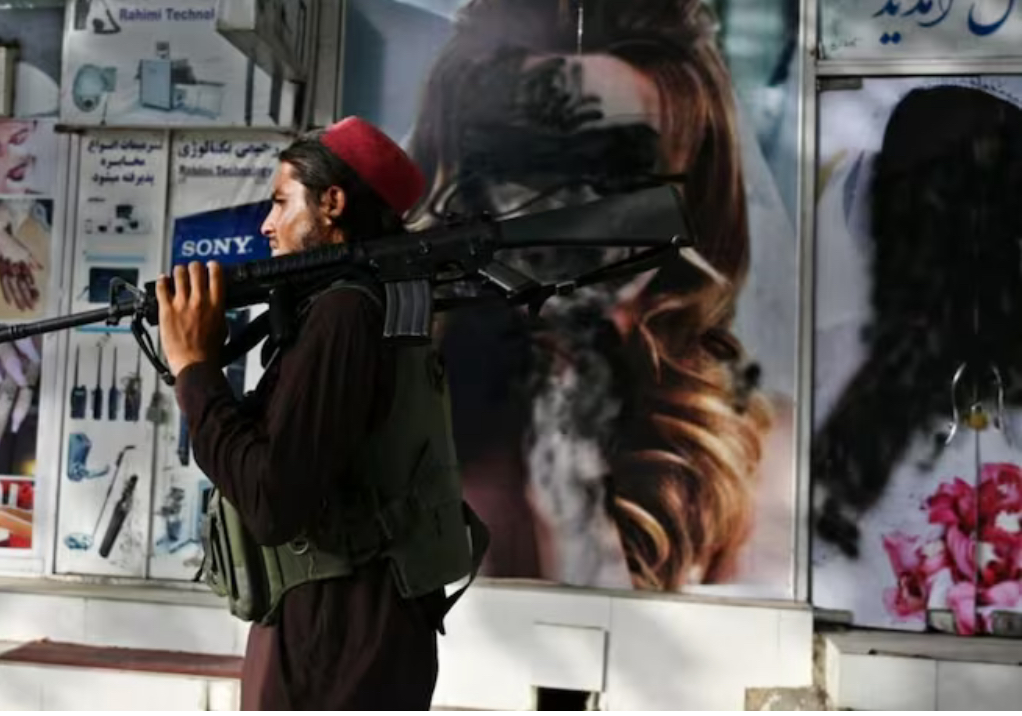
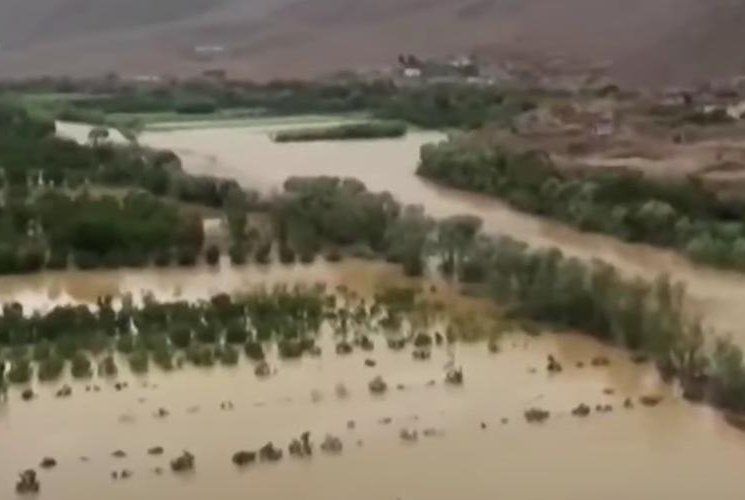
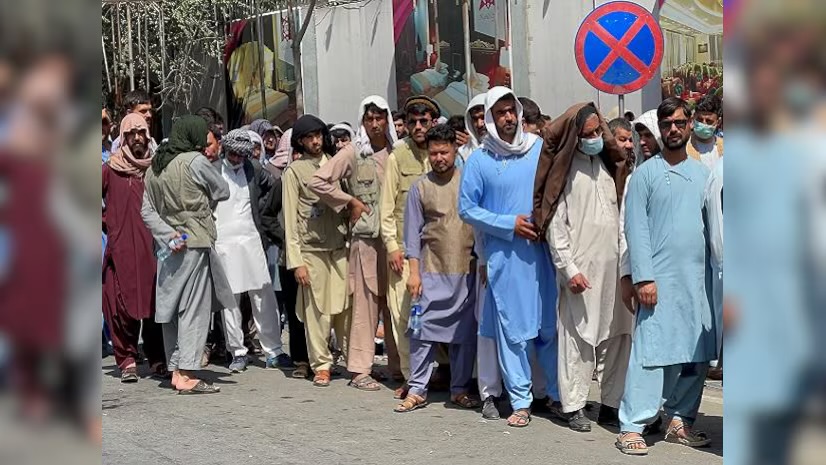
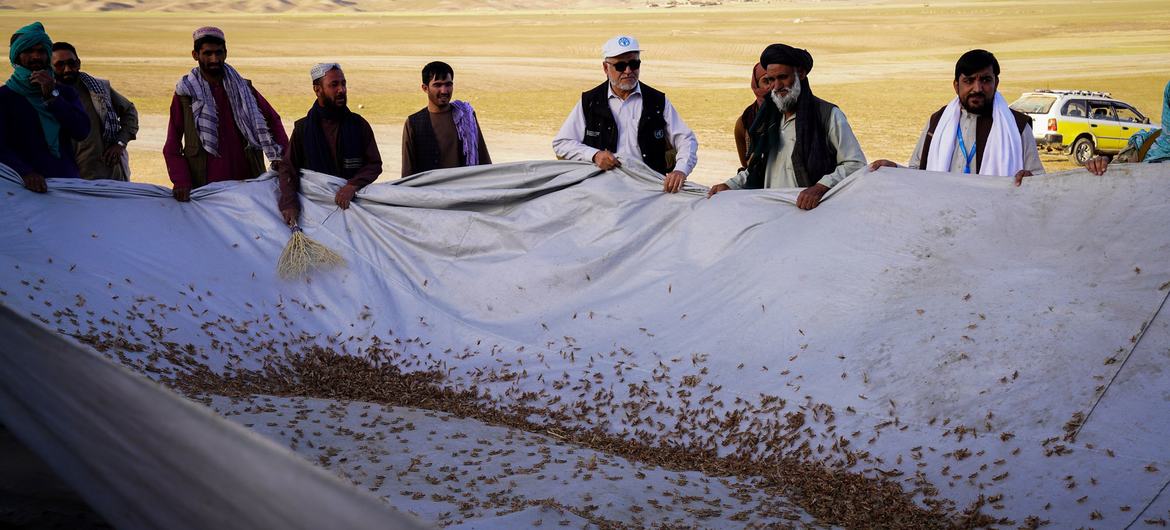
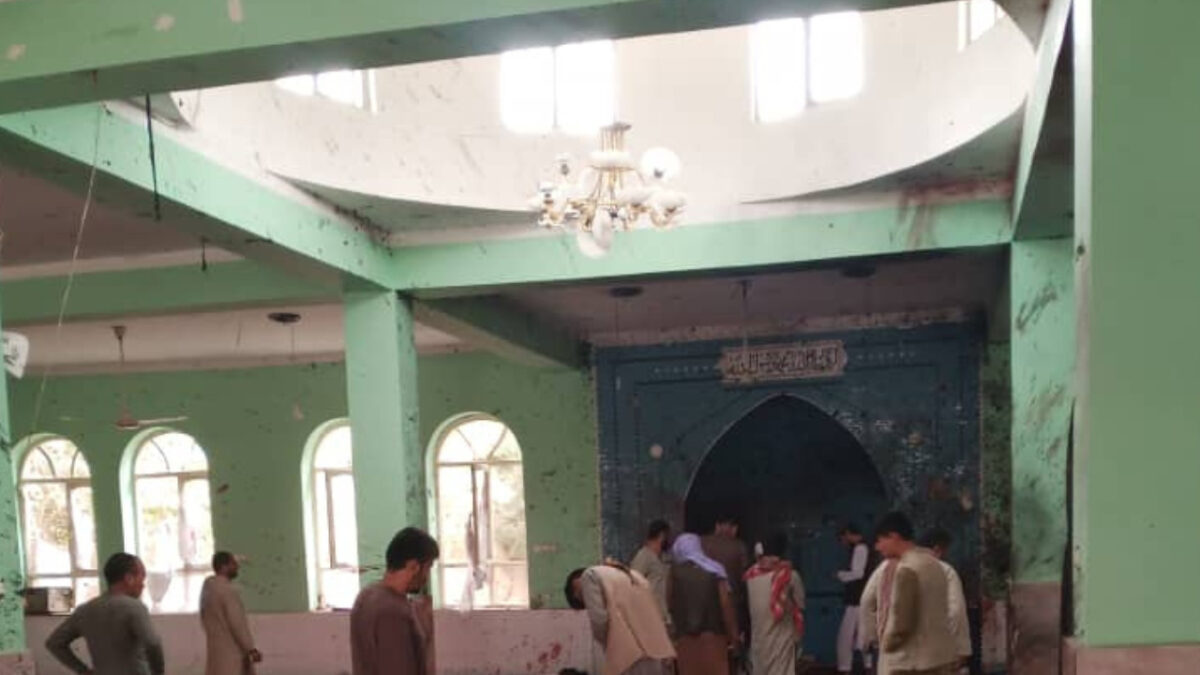
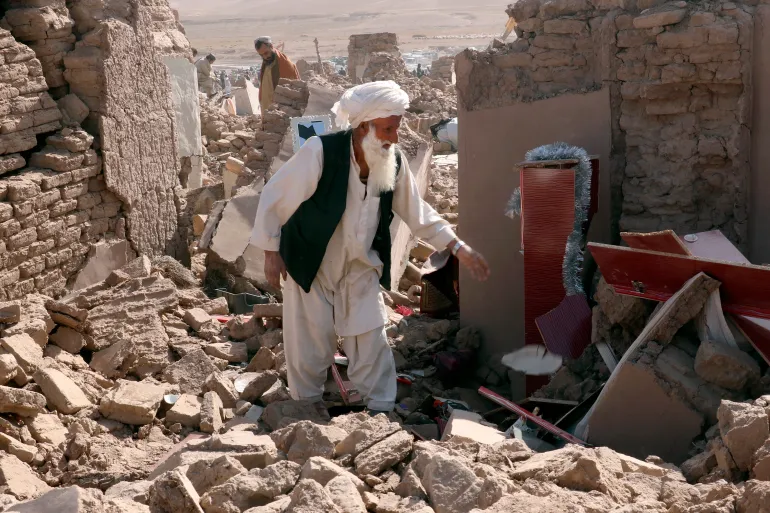







Facebook Comments